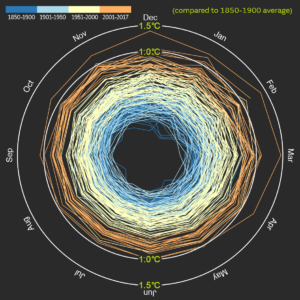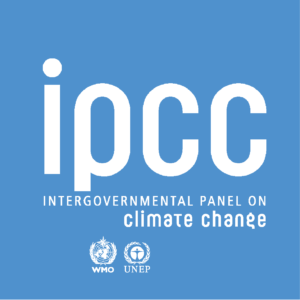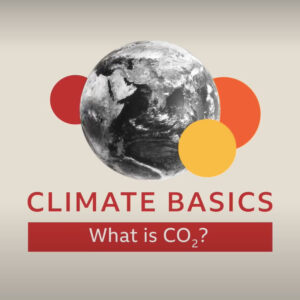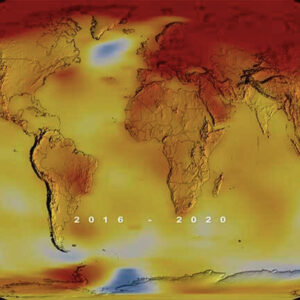Resources
Useful resources to help frame your conversation

What is climate change?
The Earth's climate has changed many times in response to natural factors. But over the course of the last century we have seen an unusual rise in the average global temperature that can not be explained by natural causes alone. Here we explain what aspects of our climate are changing and what may be causing these changes.

IPCC Sixth Assessment Report
The Working Group I contribution to the Sixth Assessment Report addresses the most up-to-date physical understanding of the climate system and climate change, bringing together the latest advances in climate science, and combining multiple lines of evidence from paleoclimate, observations, process understanding, and global and regional climate simulations.

Climate Change Committee
Independent Assessment of UK Climate Risk. The UK is struggling to keep pace with climate change impacts. Read more in the comprehensive independent assessment led by the Climate Change Committee (CCC).

DecarboN8
The DecarboN8 network brings together researchers, government, industry and communities to design solutions which can be deployed rapidly and at scale.

Why Flight Free?
Many people don't realise how carbon-intensive flying is, but very little else will raise your carbon footprint by so much and so quickly as taking a flight.

Why CO2 matters for climate change - BBC News
CO2 - or carbon dioxide - is at the heart of the world's changing climate. Reality Check's Chris Morris explains why.

Tyndall Centre, Manchester
Tyndall Manchester undertakes world-class research to deliver agenda-setting insights on energy and climate change.

Pawprint
Pawprint is an employee engagement tool which harnesses the energy employees already have to fight climate change and channels it towards their organisation’s climate targets.

NASA: Warming from 1880 – 2020
Earth’s global average surface temperature in 2020 tied with 2016 as the warmest year on record, according to an analysis by NASA. Continuing the planet’s long-term warming trend, the year’s globally averaged temperature was 1.84 degrees Fahrenheit (1.02 degrees Celsius) warmer than the baseline 1951-1980 mean, according to scientists at NASA’s Goddard Institute for Space Studies (GISS) in New York. The year 2020 edged out 2016 by a very small amount, within the margin of error of the analysis, making the years effectively tied for the warmest year on record.

WWF Our Planet: Our Business
The global loss of nature is costing trillions of dollars each year. This 38 minute film explores how the global business community can help to tackle the world's environmental crisis.
To find our how to host a screening where you work, contact [email protected]

Place Based Carbon Calculator (PBCC)
The PBCC estimates the average carbon footprint per person for each Lower Super Output Area (LSOA) in England. LSOAs are small statistical areas with a population of about 1,500 - 3,000. The tool takes a consumption based approach to carbon footprints, this means that the emissions are counted by the consumer of a good or service not the producer.
